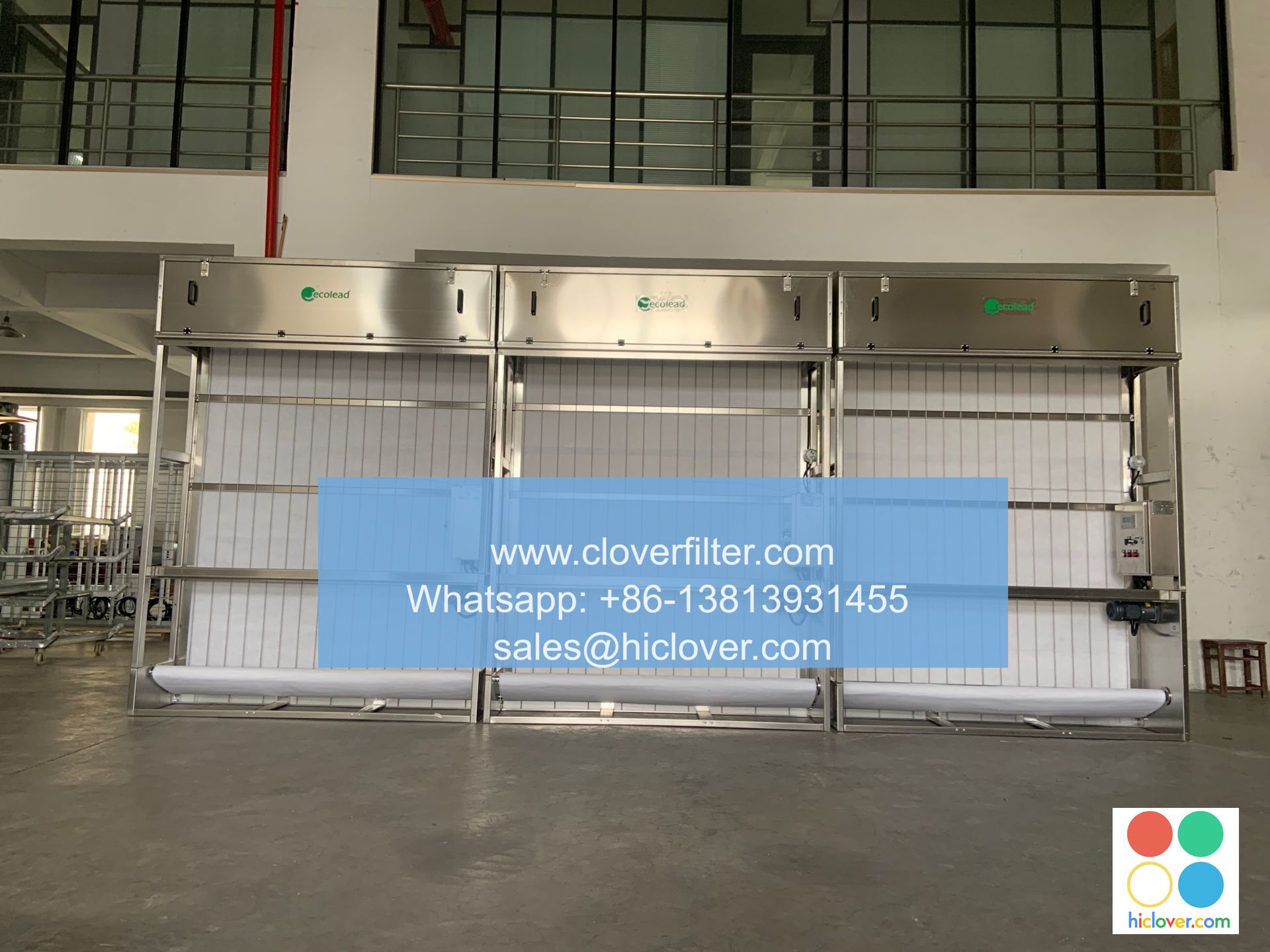Air Filter Pressure Drop: A Key Consideration for Industrial Applications

Air Filter Pressure Drop: A Key Consideration for Industrial Applications
Introduction
In industrial settings, air filters play a crucial role in ensuring the quality of process air and protecting equipment from contamination. One important consideration in the selection and installation of air filters is pressure drop, which can significantly impact system performance and efficiency. In this article, we will explore the concept of air filter pressure drop and its significance in industrial applications.
What is Air Filter Pressure Drop?
Air filter pressure drop refers to the difference in pressure that occurs when a filter is used to clean the air in a given system. As air flows through the filter, it encounters resistance, which increases the pressure drop across the filter. This can cause a reduction in airflow, leading to decreased system performance and efficiency.
Factors Affecting Air Filter Pressure Drop
Several factors can influence air filter pressure drop, including:
- Filter media type and quality
- Filter size and configuration
- Airflow rate and velocity
- Temperature and humidity
- System pressure drop tolerance
- Select the right filter for the job: Choose a filter with the correct specifications for your application, including size, media type, and pressure drop rating.
- Size the filter correctly: Ensure that the filter is properly sized for the application, considering factors such as airflow rate, system pressure drop, and filter media type.
- Use filters with low resistance: Choose filters with low resistance and high-flow design, such as pleated or cartridge filters, to minimize pressure drop.
- Monitor and maintain the filter: Regularly inspect and maintain the filter to ensure it remains free of debris and damage.
Applications Where Air Filter Pressure Drop is Critical
Air filter pressure drop is a particularly important consideration in several industrial applications, including:
1. Compressor and Pump Systems
In compressor and pump systems, air filter pressure drop can significantly impact system performance and efficiency. High-pressure drop can lead to increased energy consumption, reduced airflow, and premature component failure.
2. Filtration Systems for Chemical Plants
In chemical plants, air filter pressure drop can compromise the quality of the air supply, leading to contamination and reduced process efficiency. High-pressure drop can also increase energy consumption and maintenance costs.
3. Data Centers and Server Rooms
In data centers and server rooms, air filter pressure drop can cause cooling system inefficiencies, reduced airflow, and increased energy consumption. This can lead to overheating, equipment failure, and data loss.
4. Manufacturing and Processing Facilities
In manufacturing and processing facilities, air filter pressure drop can impact the quality of the air supply, causing contamination, reduced process efficiency, and increased maintenance costs.
Best Practices for Minimizing Air Filter Pressure Drop
To minimize air filter pressure drop, consider the following best practices:
Conclusion
Air filter pressure drop is a critical consideration in industrial applications, where it can significantly impact system performance, efficiency, and maintenance costs. By understanding the factors that influence air filter pressure drop and choosing the right filters for the job, industrial facilities can ensure optimal system performance and efficiency. Remember to size the filter correctly, select filters with low resistance, and regularly maintain the filter to minimize pressure drop and ensure reliable operation.
I’m ready! What’s your prompt?


